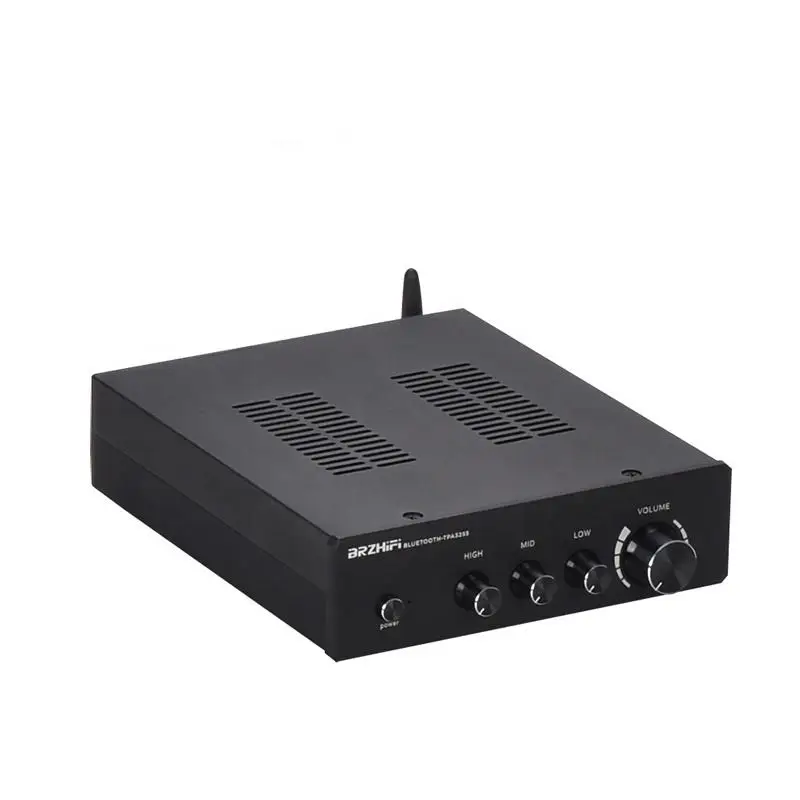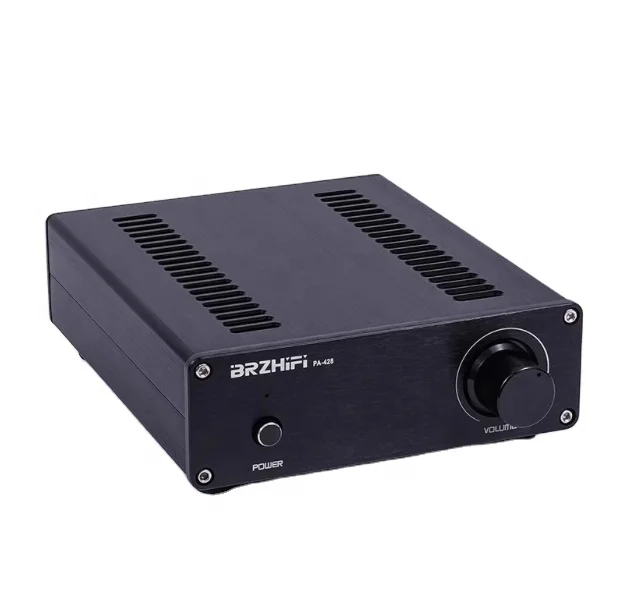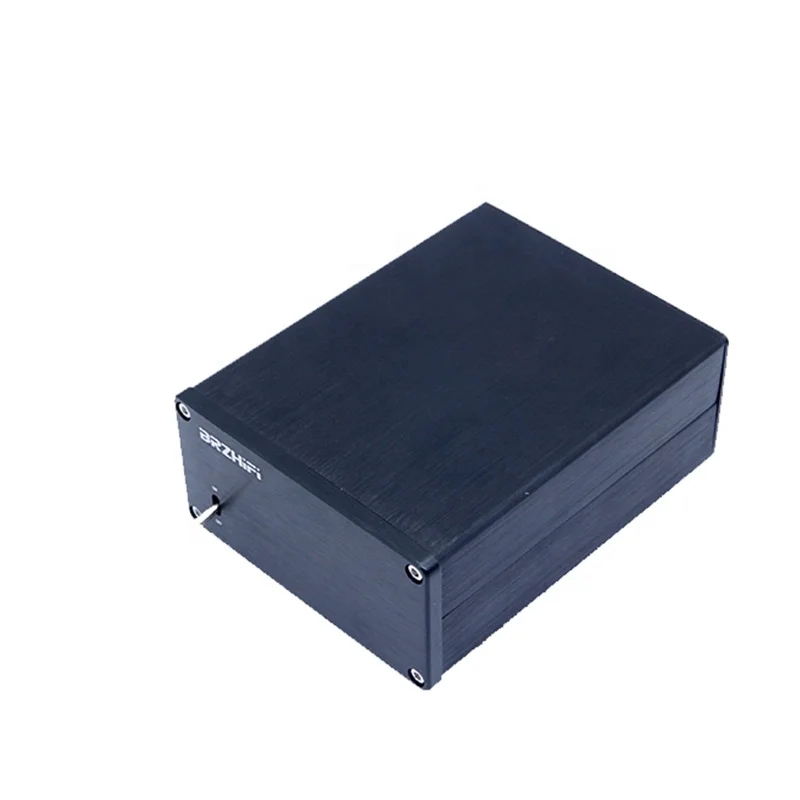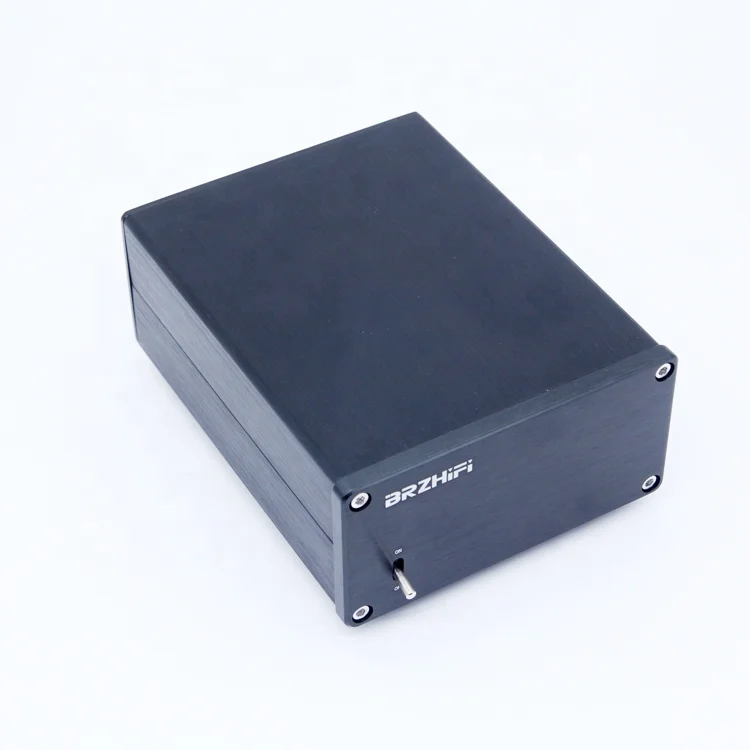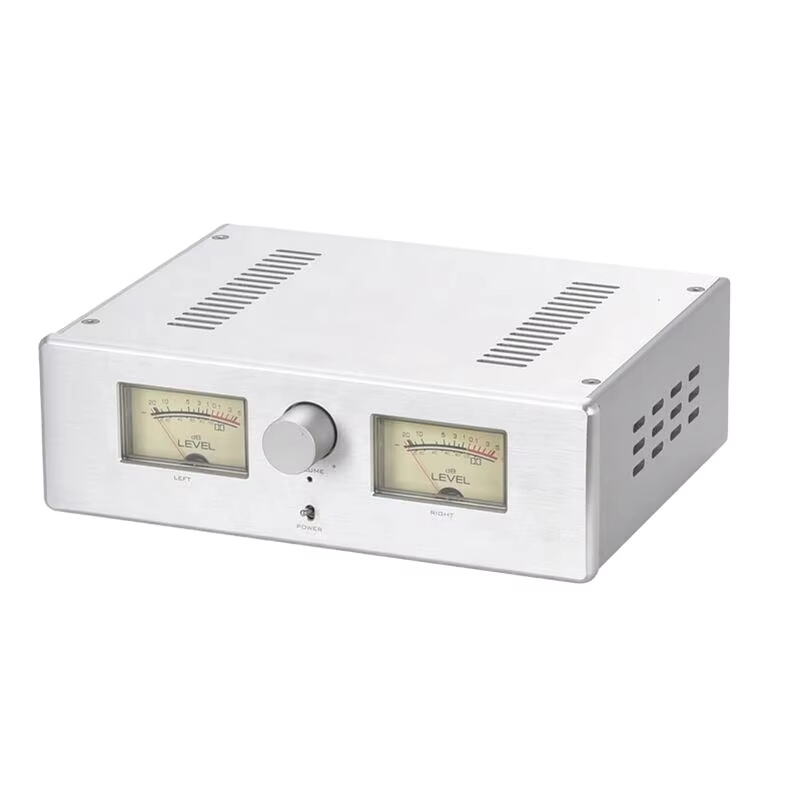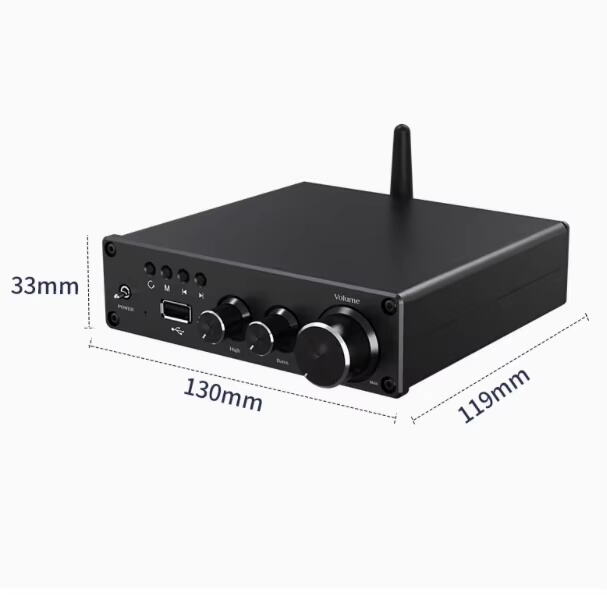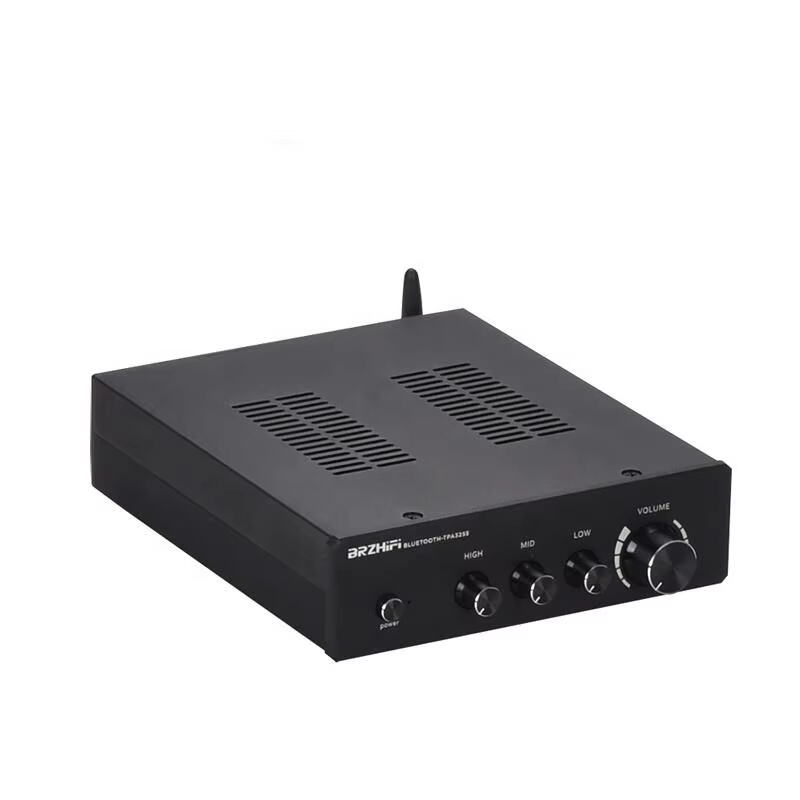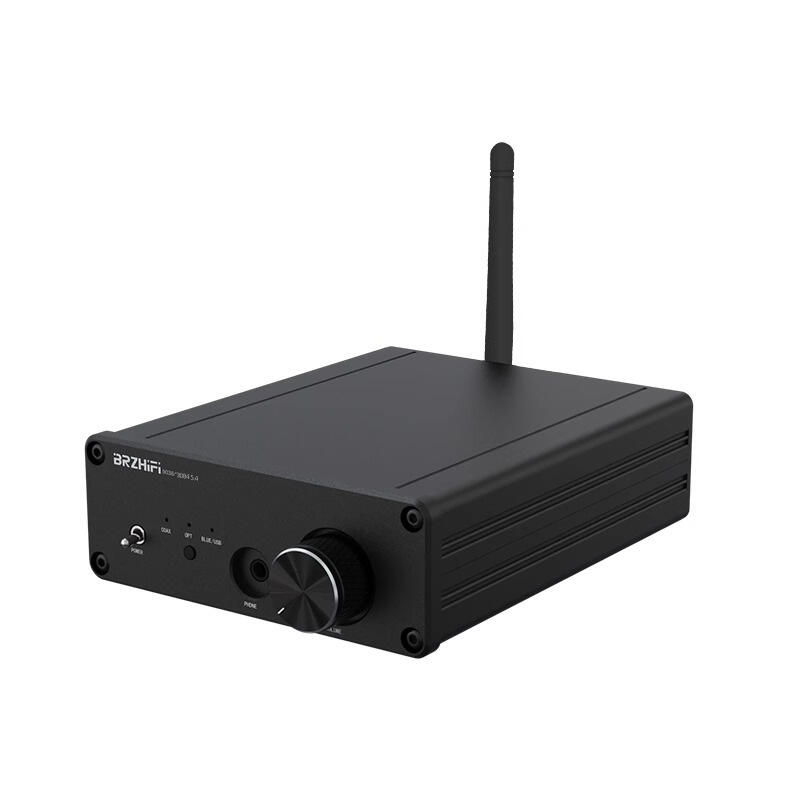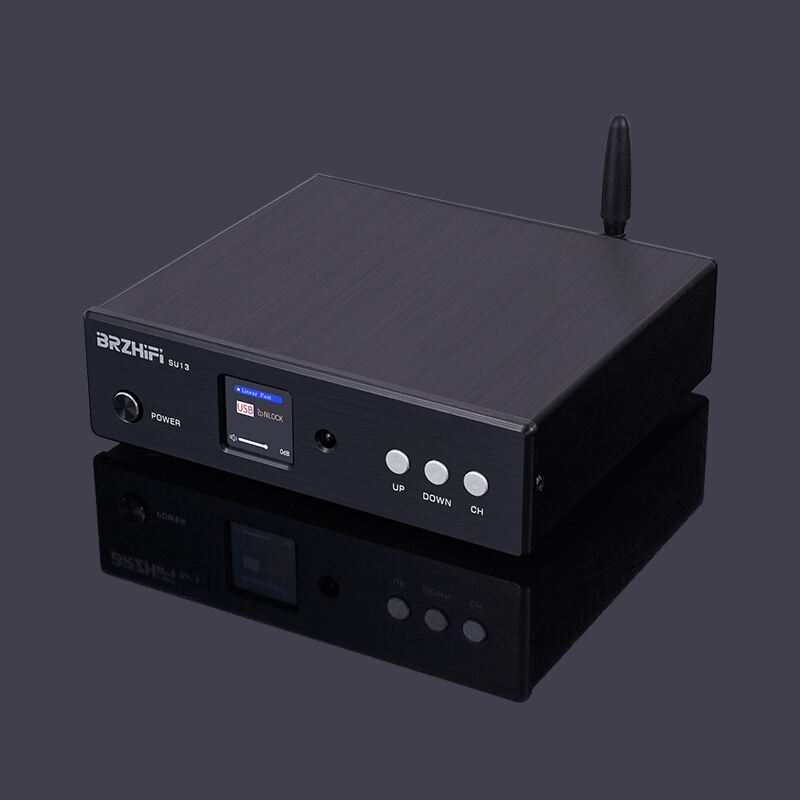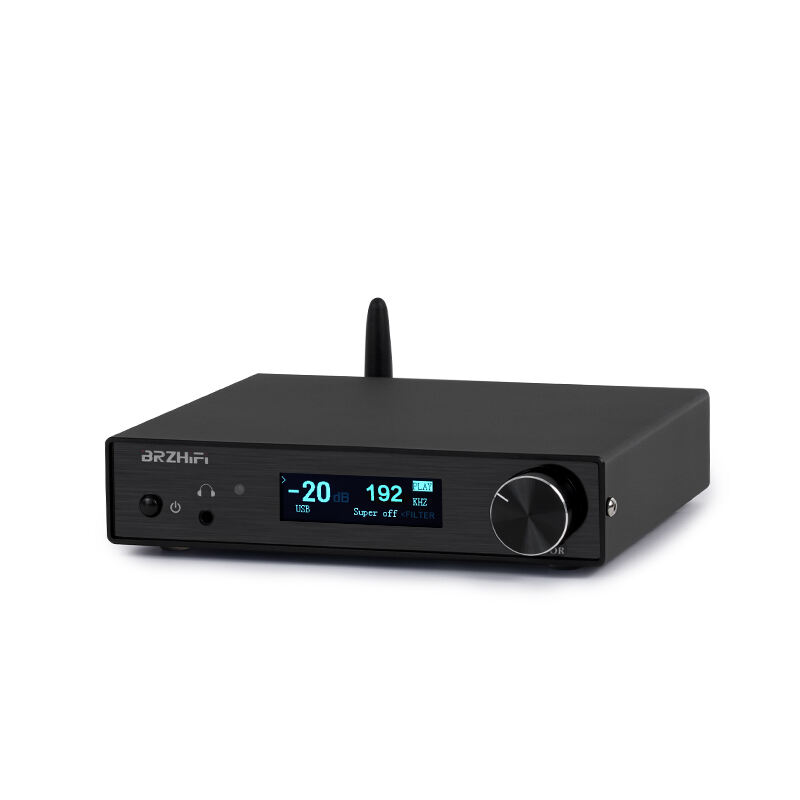basic decoder
A basic decoder is a fundamental electronic device that converts encoded digital signals into their original form. This essential component serves as a building block in digital electronics, transforming binary inputs into specific output patterns. The device typically consists of multiple input lines and output lines, utilizing logic gates to process and interpret incoming signals. Basic decoders can handle various input combinations, making them versatile for different applications. In digital systems, they commonly function as address decoders in memory circuits, instruction decoders in microprocessors, and data selectors in communication systems. The operational principle involves receiving binary coded inputs and activating corresponding output lines based on the input pattern. Modern basic decoders often incorporate features like enable inputs, which provide additional control over the decoding process. They are designed to be highly reliable, with minimal propagation delay and clear signal processing capabilities. These devices play a crucial role in data processing, signal routing, and digital control systems, making them indispensable in modern electronics.

